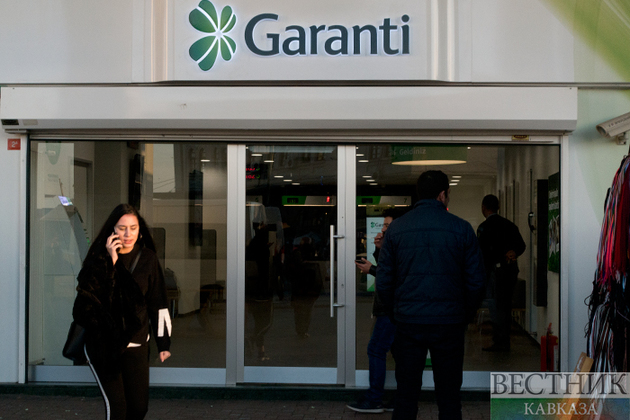Turkey kept interest rates unchanged for a fourth straight month despite a surge in inflation past 60%, putting more onus on the central bank’s unconventional policies to tether the lira.
According to Bloomberg, the Monetary Policy Committee held its benchmark at 14% on Thursday, as forecast by all analysts surveyed by Bloomberg, prolonging a pause in place since it halted a series of rate cuts at the end of last year. The decision reflects a risky balancing act that hinges on keeping Turkey’s currency stable for longer with measures that include foreign-exchange sales by state banks and a costly program to shield savers from lira weakness. Rather than adding to Turkey’s rate buffer, authorities are now leaning even more heavily on other policies that could bring in more hard currency and boost the central bank’s reserves.
Deepening trade imbalances and the world’s most negative borrowing costs when adjusted for prices have made the $800 billion economy increasingly vulnerable at a time of intensifying global tightening led by the U.S. Federal Reserve.
Turkish policy makers said in Thursday’s decision that they were keeping an eye on the nation’s current account with higher energy prices widening the trade gap. The central bank is also assessing growth in long-term investment loans against the need to keep the current-account in check.
“In this context, the committee decided to strengthen the macroprudential policy set,” the bank said, leaving the door open for fringe measures that might be used to keep credit growth strong without further stoking inflation.
Under pressure from President Recep Tayyip Erdogan, a self-described “enemy” of interest rates, the central bank led by Governor Sahap Kavcioglu has yet to signal it’s anywhere near a policy adjustment after ending last year with 500 basis points in monetary easing. The multiple rounds of rate cuts triggered a collapse in the currency and touched off inflation.
The soaring cost of commodities and energy has left Turkey more exposed this year. Central banks around the world are meanwhile raising rates to combat inflation amid risks from Russia’s special operation in Ukraine and worsening supply-chain disruptions.
Turkey’s currency moved little after the decision and was trading 0.2% weaker at 14.6210 per dollar as of 2:19 p.m. in Istanbul. It’s down nearly 45% from a year earlier, the biggest drop among major currencies tracked by Bloomberg, but most of that decline took place in 2021.
A somewhat more stable lira in recent months has hardly moved the needle for inflation, which surged in March to a fresh two-decade high of over 61% from a year earlier. Finance Minister Nureddin Nebati now anticipates price growth to start declining from December -- after earlier predicting it could peak in April and then expecting it will slow from this summer.






